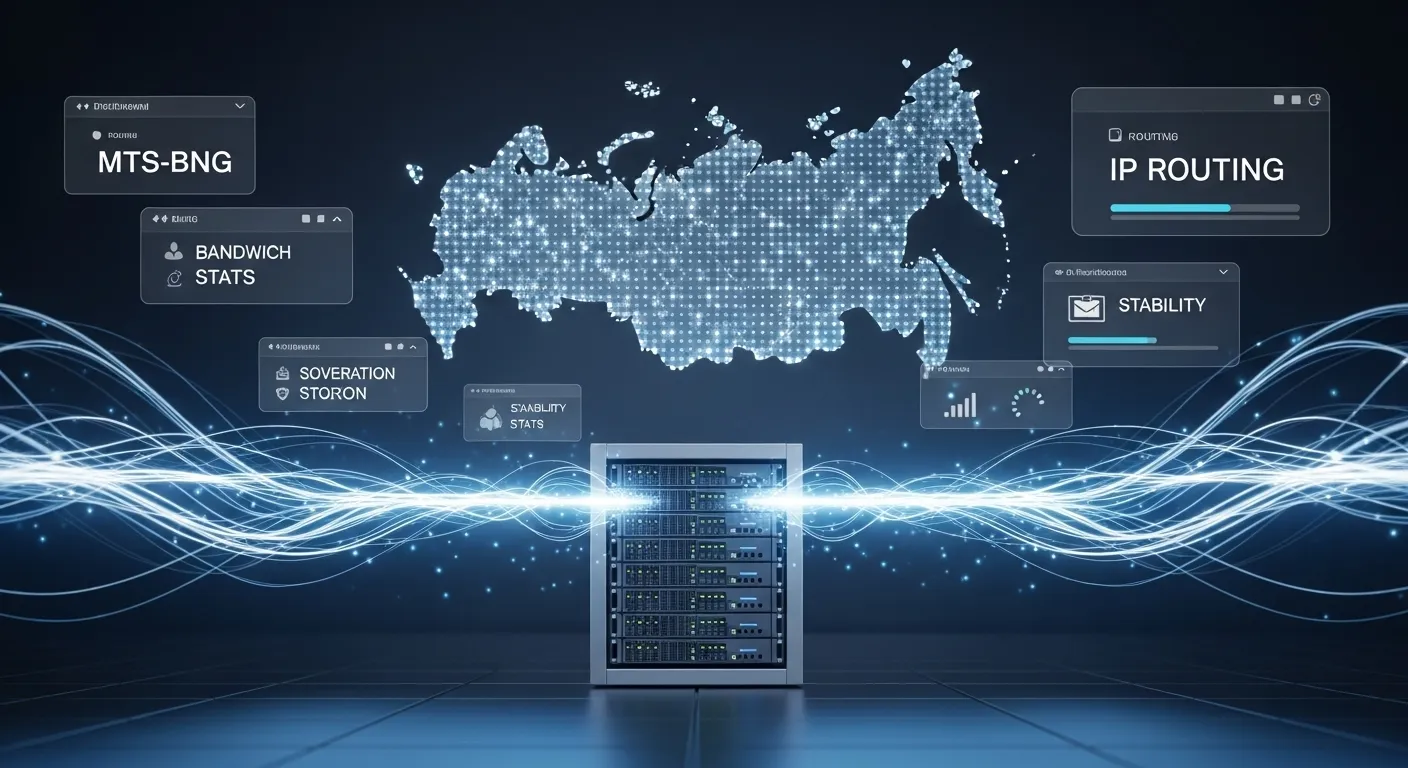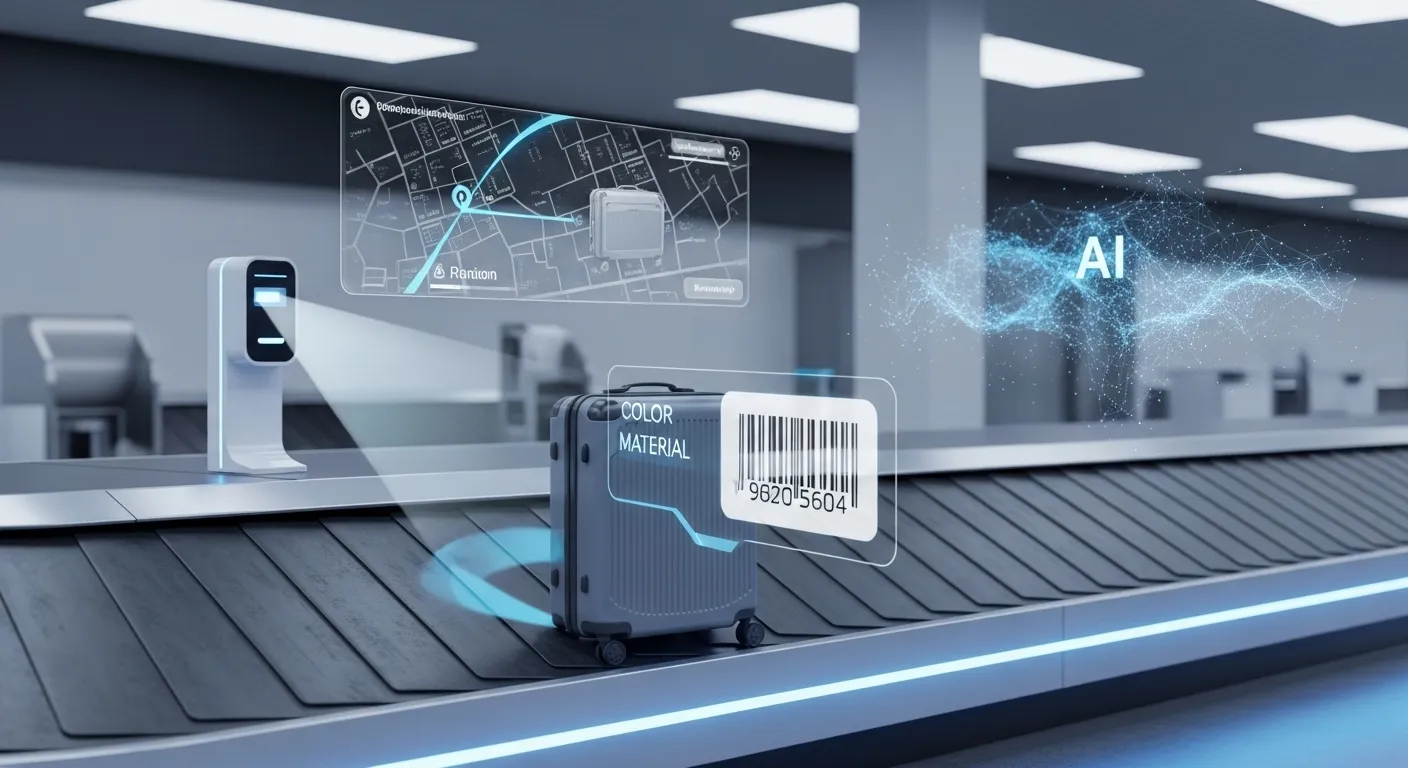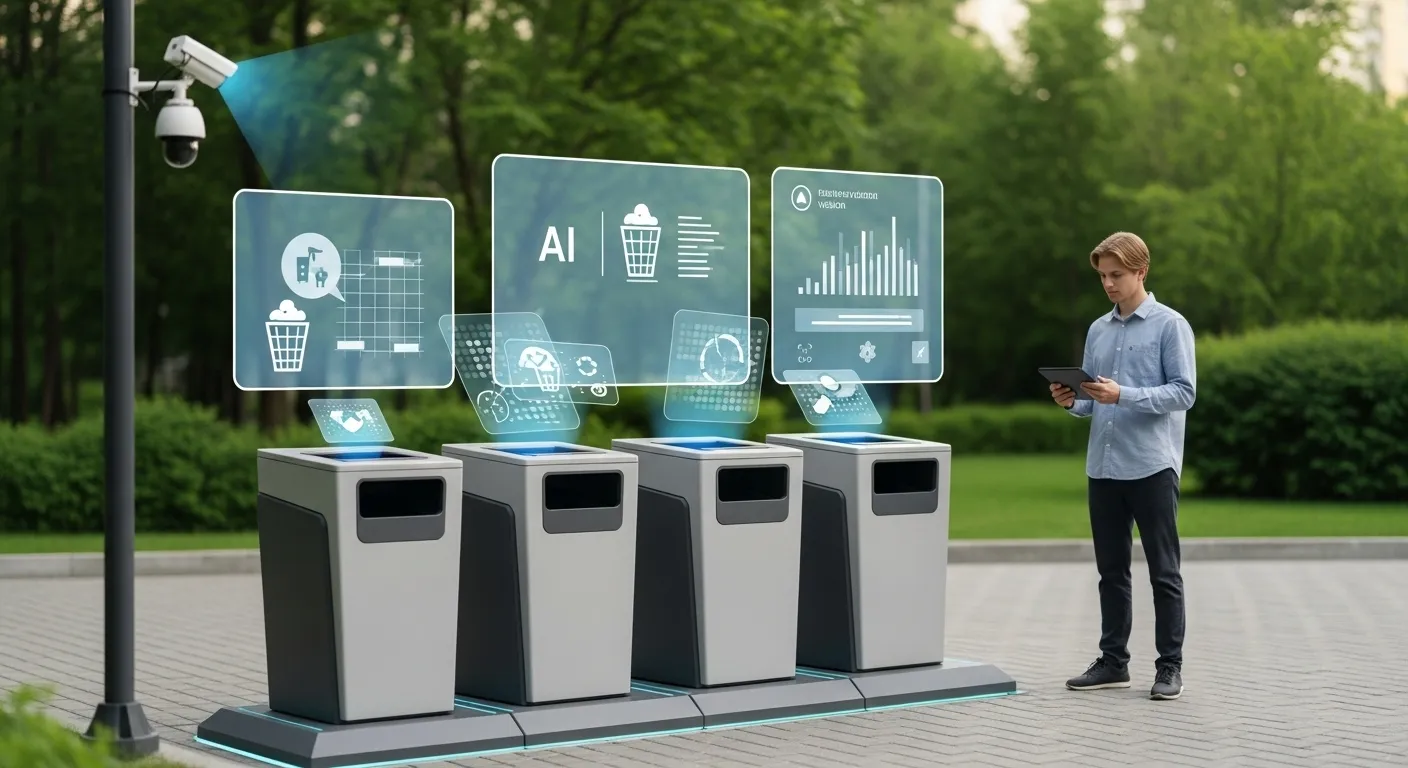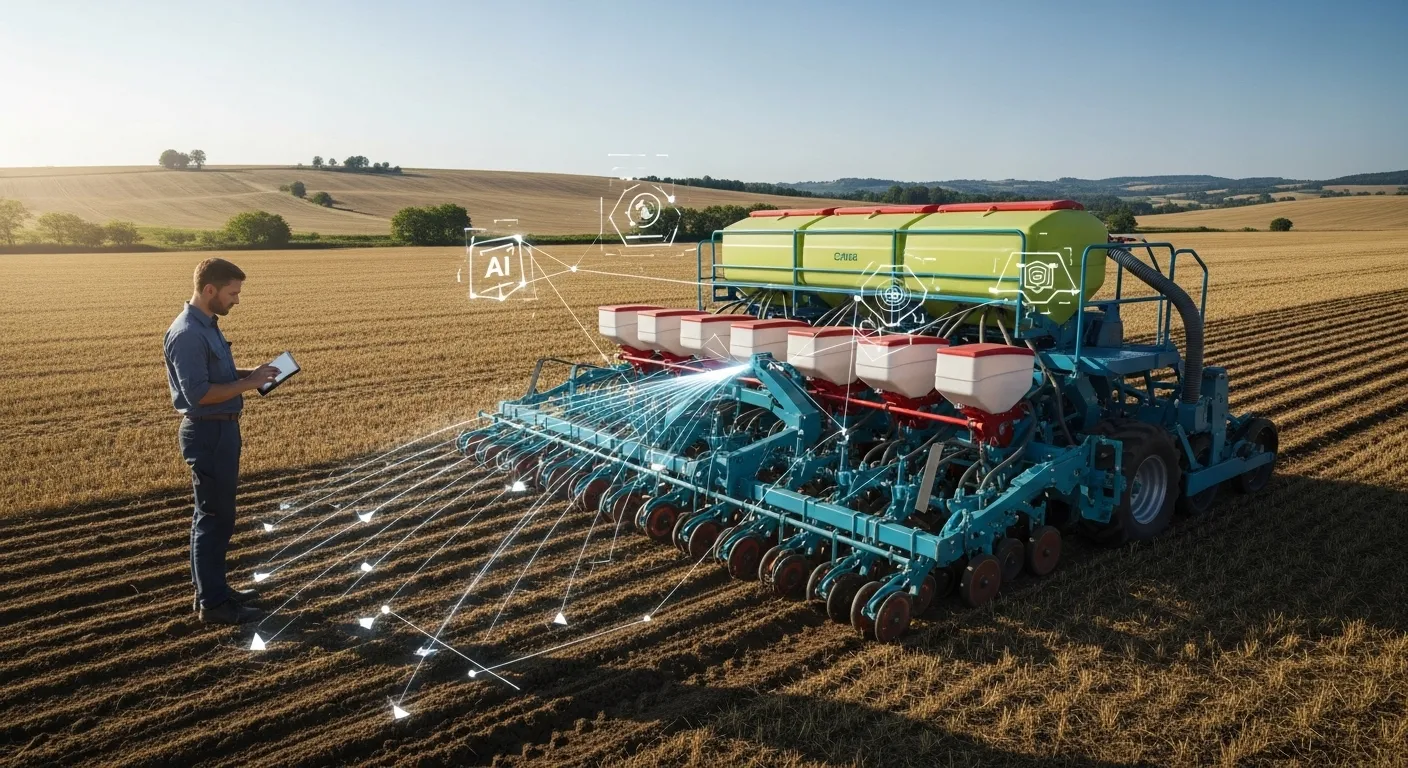No Measuring Tape, No Lines: How AI Is Accelerating Land Boundary Approvals in Moscow Region

Moscow Region is digitizing its land administration system with AI-powered services that reduce bureaucracy, cut approval times, and increase ecological transparency in land use.
Digital Tools That Save Time
A new artificial intelligence service has been rolled out on the Moscow Region's public services portal to simplify how residents and businesses submit land boundary approvals. The platform allows individuals and legal entities to submit documents remotely—without needing to visit government offices in person. This is part of a broader push to digitize administrative workflows in the region.
The AI assistant, already integrated into 73 public services, helps users apply for subsidies, retrieve household records, and submit official requests. It scans uploaded documents, flags issues, and provides immediate feedback, enabling corrections before final submission.
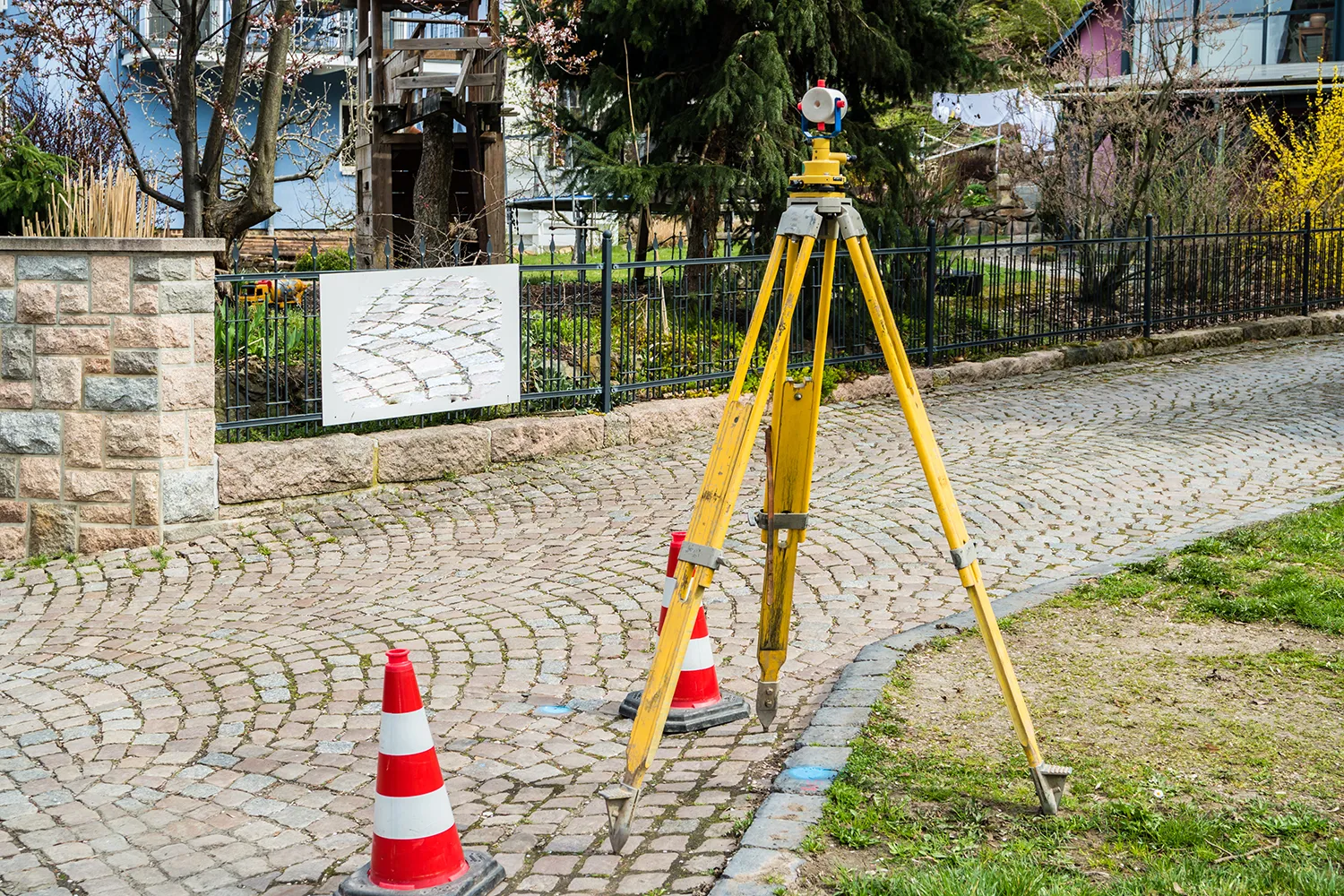
Previously, requesting boundary approvals for plots adjacent to municipal or state land involved in-person visits and long wait times. Now, the system automatically identifies discrepancies, which reduces rejections. The review period has been cut to just seven working days—down from several weeks. In 2023 alone, residents and businesses completed over 3,200 approvals online.
Moscow Region Goes Global
Authorities are exploring opportunities to scale the solution nationwide and eventually export it to other countries pursuing digital governance strategies. Plans are already underway to integrate similar AI-driven services into other sectors of land management—including property registration, cadastral records, and urban development planning.
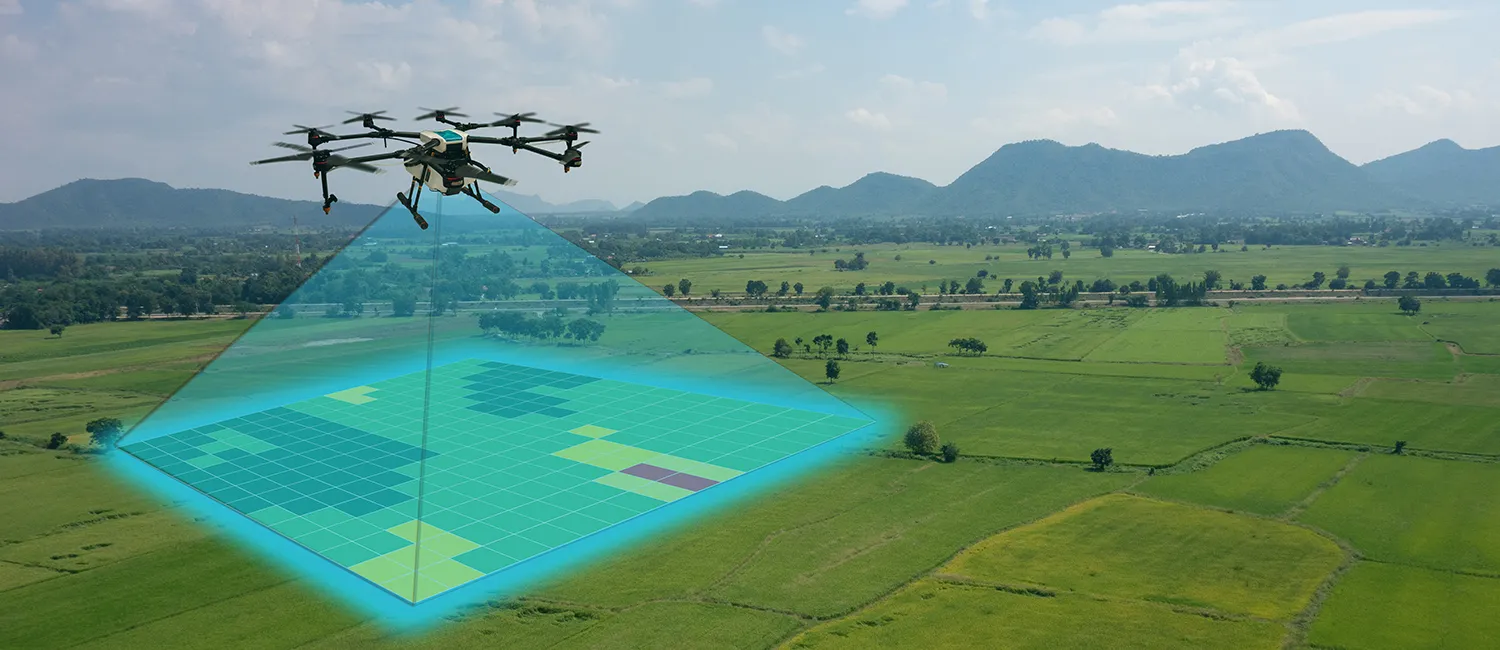
AI That Makes Life Easier
The move toward AI-powered public services is part of a five-year digital transformation campaign in the region. Every year, Moscow Region expands its digital offerings in areas such as social services, transportation, and healthcare. One standout tool, 'Urban Planning Assessment Online,' evaluates the development potential of land plots. By early 2025, it had processed 1.5 million requests—half a million more than the same period in 2024.
The rapid growth in users highlights public demand for simplified, transparent services—and shows how AI can shift public institutions toward data-driven decision-making.
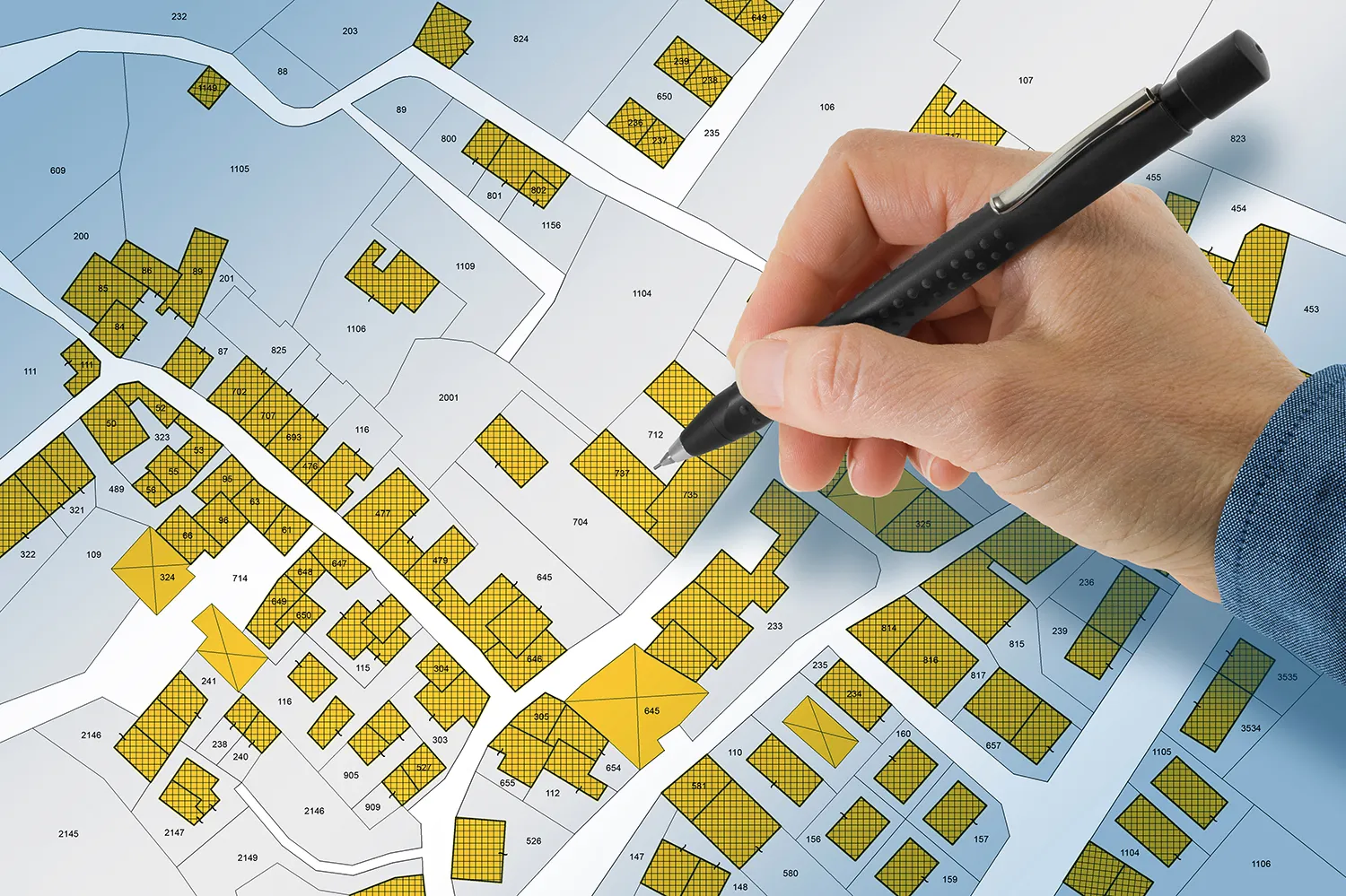
Paperless Governance, Global Impact
Moscow Region’s initiative demonstrates how smart technology can reduce red tape while improving ecological management of land. By accelerating approval times and reducing bureaucratic load, the system boosts both transparency and sustainability.
If adopted elsewhere, this kind of AI service could become a global model for eco-conscious land governance. The project signals not just a local innovation, but a step toward broader, cross-border digital transformation of public administration.









